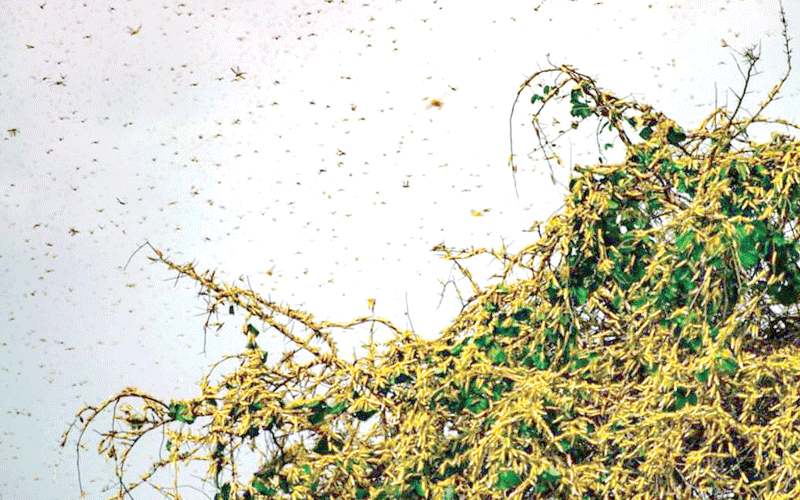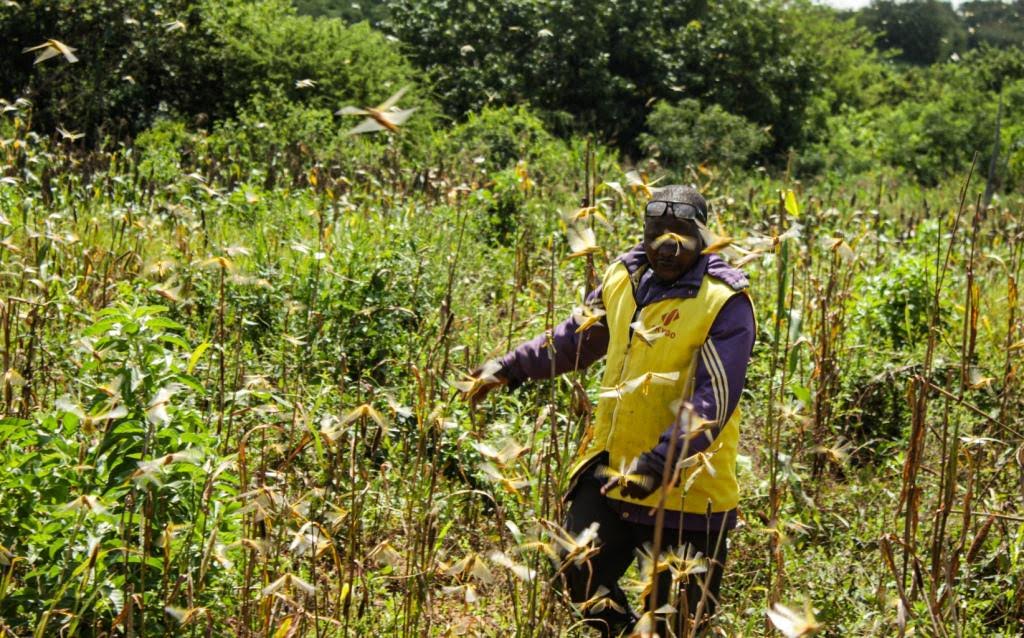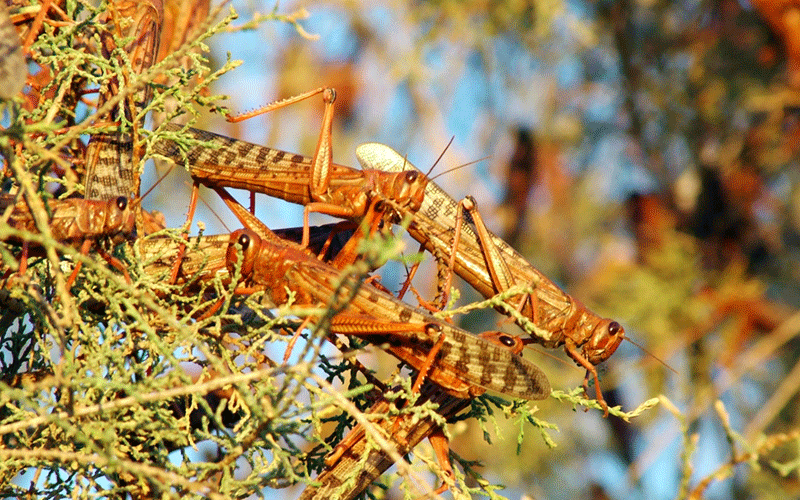Munya forms team to evaluate damage inflicted by desert locust on farmers

The government plans to support farmers and communities who have suffered economically following the desert locusts’ invasion in the last five months.
Agriculture CS Peter Munya, while launching an impact assessment team to evaluate the damage impact desert locusts have caused, said the government would help the affected rebuild their livelihood.
“Today we have launched the team that will carry out an assessment of the damage the migratory pests have caused to communities in the various countries in the country.
The report will provide a direction government will pursue in terms of extending support the affected communities,” said Munya.
“We have taken it as our responsibility to support the distressed communities restores their living and thus contribute to the region economies,” he added.
Communities in Arid and Semi-Arid Lands (ASALs) are the most hit by loss of livestock.
Tiampati Leleti, a resident and village leader in the Samburu county, confirmed recently during a media tour that he has lost crops -maize and beans while livestock are suffering as the locusts have eaten the vegetation.
“Our livestock have suffered as the vegetation has been depleted by the pests. Equally, when the livestock eats on the left vegetation they die.
Since March this year, I have lost 80 goats and five cows and we have informed both national and county governments but we haven’t been compensated.
We fear that if the invasion of locust continues, even human beings will suffer economically and socially,” said Leleti.
He added: “The pest had spread to 27 counties but efforts by the Government and development partners have yielded results as huge swarms have been contained in most regions but still the locusts are currently intensively concentrated in less five counties –Isiolo, Samburu, Marsabit, Turkana and parts of Lakipia.















